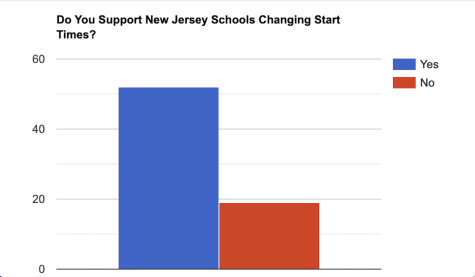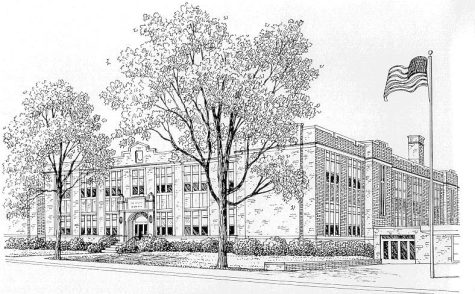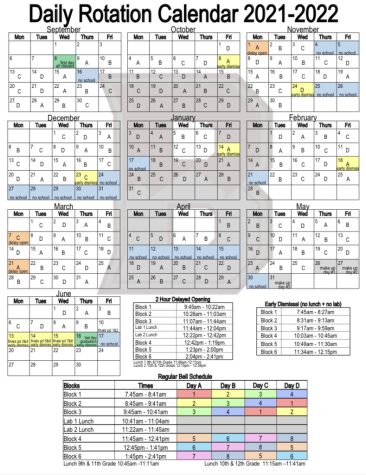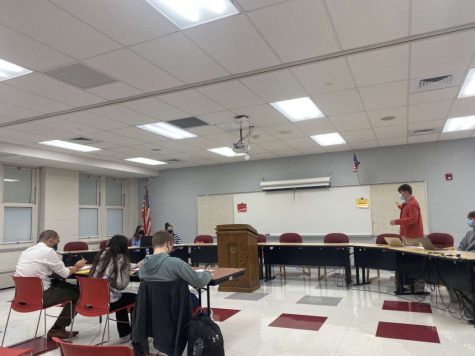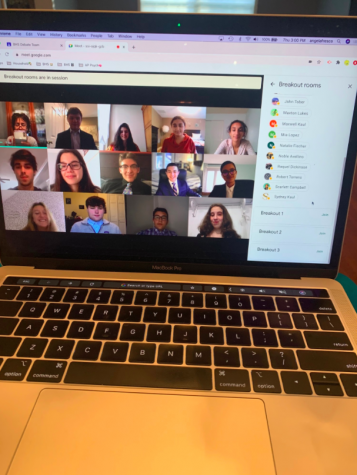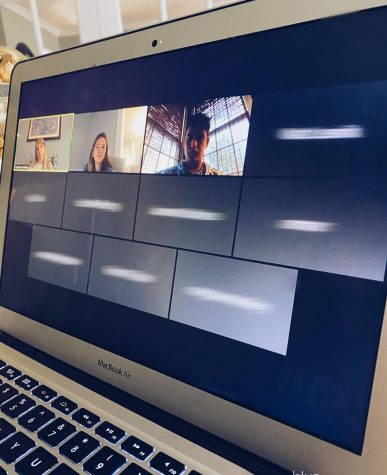Field trips are not beneficial
January 27, 2020
In middle school, students would always look forward to their class trip. Once high school began, field trips took on a different meaning, usually being reserved for the students in electives or extracurriculars. While field trips can be a nice time for students to learn outside of the school building, ultimately school trips are not beneficial to student learning. Taking the day off from traditional education may seem great, but ultimately field trips can take more from students than what they give. When a student is on a field it puts them at a disadvantage compared to their peers. Students on these field trips are missing valuable class time compared to their peers who are back at school. The worst part about this is that when a student returns it is up to them to find them time to meet with their teacher and learn the material that was missed. While field trips can be fun they also take an incredible amount of planning, from transportation, to meals, and sometimes even having to find a place to lodge the number of students on the trip overnight. Not to mention countless board approval. Not only is planning an extreme stresser when it comes to field trips but so is the liability aspect. This being because of the students not being in a controlled environment and the risk of injury can be higher. The worst part when it comes to class trips is the expense. Whether it is be a $50 field trip to listen to a speaker or $1,600 baseball trip to Florida, the expense is there and must be paid by the student. If one cannot afford the field trip they will be the ones missing out on the experience their peers shared putting students who simply cannot afford these trips at a disadvantage. In rare cases, students may miss a valuable lesson or project based around the trip. Senior Isabella Brito said, “I love going on field trips but I always stress about the work I miss while I am gone.” While field trips are suppose to make learning “come alive”, in a poll of 50 students 40 percent of students felt that most of their previous trips did not have any educational benefit. Dr. Neigel said, “There is a form that a teacher needs to fill out with where the trip is going, when, for how long, and what the cost will be to students and the district. Once the form is completed, the nurse has to review it. After that, it comes to my office where we make sure that there aren’t any conflicts with the date and scope of the trip. After I sign the form, it goes to the central office. Each trip is reviewed by the assistant superintendent, superintendent, and the curriculum committee, before finally being approved by the BOE at a meeting. The process usually takes about 30 days.” Field trips can be great for students to get hands on and explore outside the classroom in nontraditional settings but a successful field trip is all about the planning. Senior Caroline Hunnewell said, “If a field trip is not planned well it can ruin the experience entirely. If there is no organization, especially on a long trip, than students will become bored and ultimately leading to more issues.” All in all, field trips can be a great source of learning if done properly. If field trips are not done properly they lose their purpose entirely.


